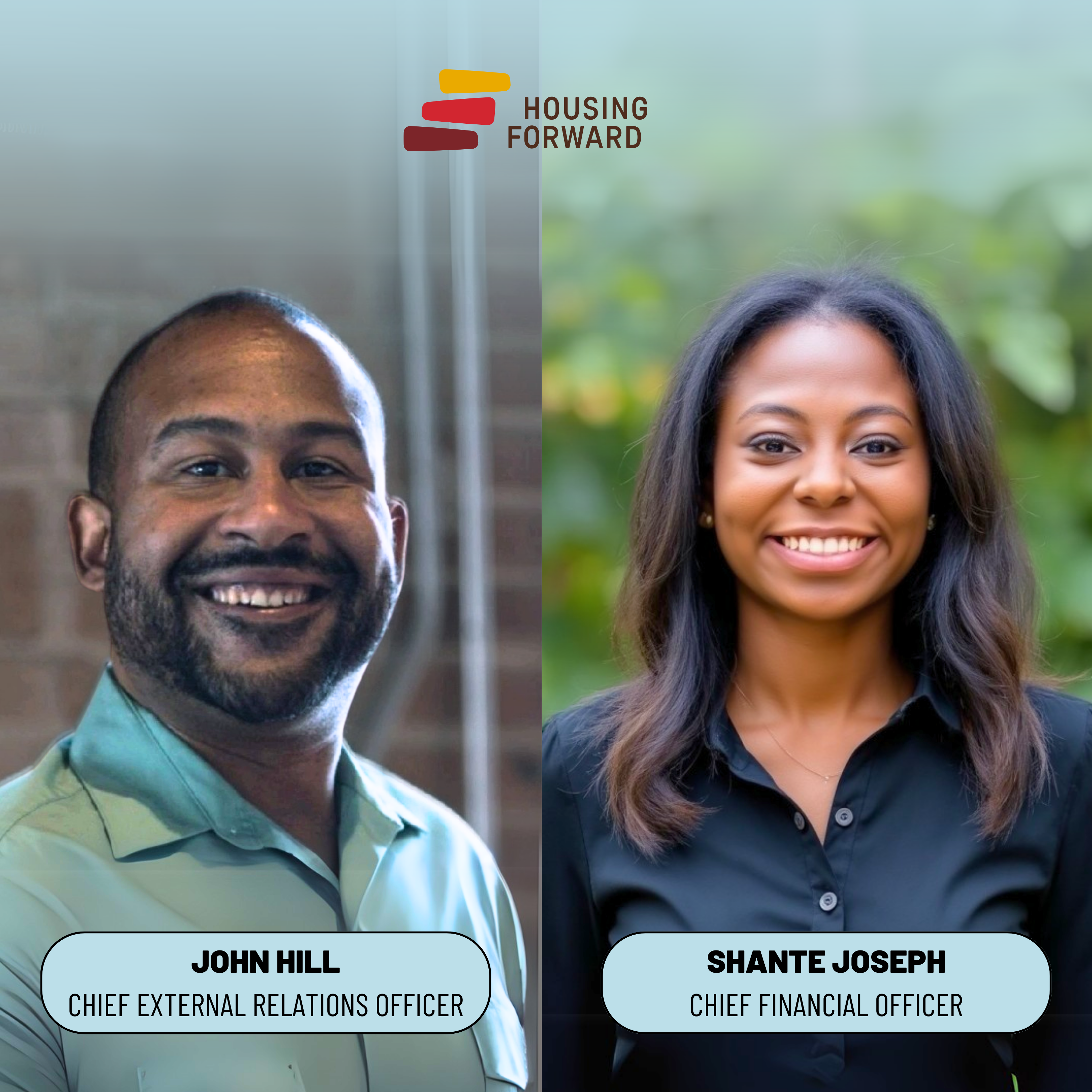Today, at a press conference organized by Dallas City Council Member Chad West, we officially launched our second Veterans Housing Challenge, under the banner No Buddy Left Behind, with the goal of housing 100 homeless veterans in 100 days.

Dallas Mayor Eric Johnson (Courtesy of the Dallas Morning News)
We were honored by the presence and support of Mayor Eric Johnson and members of the Dallas City Council. Mayor Johnson, Council Member West, as well as Council Members Jaime Resendez and Casey Thomas, II all spoke movingly about the importance of housing our veterans, through this effort. Dallas County Commissioner Dr. Theresa Daniel spoke about how the Dallas Area Partnership to End and Prevent Homelessness, which she co-chairs with Council Member Thomas, supports our efforts too. Our board chair, Karen Hughes, and our VP of Programs, Shavon Moore, spoke about the program details and highlighted our main partners.

Dallas City Council Member Chad West (Courtesy of Chad West)
MDHA led its first Veterans Housing Challenge last year, with the goal of housing 100 veterans in 100 days. The goal was exceeded with 140 ending their homelessness. With that success, MDHA, the Dallas housing authority, DHA, and the U.S. Department of Veterans Affairs (VA) decided to hold these challenges regularly. MDHA is leading this challenge under the banner, No Buddy Left Behind, which alludes to the American military tradition of never leaving a comrade behind enemy lines.
The main vehicle used to house the veterans will be the HUD-VASH housing voucher. HUD-VASH stands for Housing and Urban Development – Veterans Affairs Supportive Housing, a partnership between the VA and the U.S. Department of Housing and Urban Development (HUD). HUD provides housing vouchers, through local housing authorities like DHA, and the VA provides case management and other services.
Ending a veteran’s homelessness through the HUD-VASH program, typically involves a few steps:
- The veteran attends an “admissions event” at the VA, to have their status verified;
- The veteran visits with DHA to have their voucher issued;
- The veteran finds a property where they can rent a unit, and is accepted by that property;
- DHA inspects and approves the unit;
- DHA and the property sign a contract.
We want the veterans housing challenges to result in better outcomes throughout the year, not just during those 100 days. Indeed, DHA and VA teams testified that though they are well versed in these protocols, the last challenge helped them develop better lines of communication and problem-solving capabilities and work more smoothly together.
The City of Dallas has a vital role to play here, especially in these two respects:
- Rallying the landlord community, who are key to the success of any housing challenge. Renting to a veteran with a HUD-VASH voucher is not just the right thing to do; it is good business, which results in a steady cash flow.
- Some veterans do not qualify for HUD-VASH vouchers. We still need to house them. City funding may be needed to help us end those veterans’ homelessness.
We hope that the challenges and lessons learned from them will result in Dallas soon joining the 78 communities and 3 states that have ended veteran homelessness. However, there is even a larger message here. We know that with enough resources and collaboration we can end homelessness. We have shown it is working for our veterans. The community can and should decide to make the same commitment for every homeless person.






